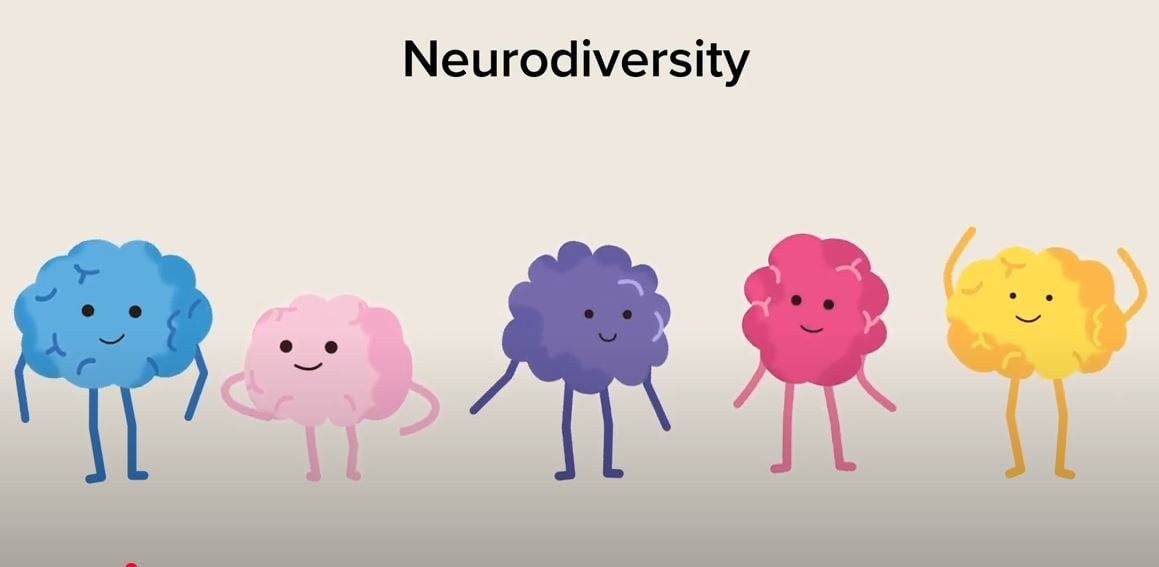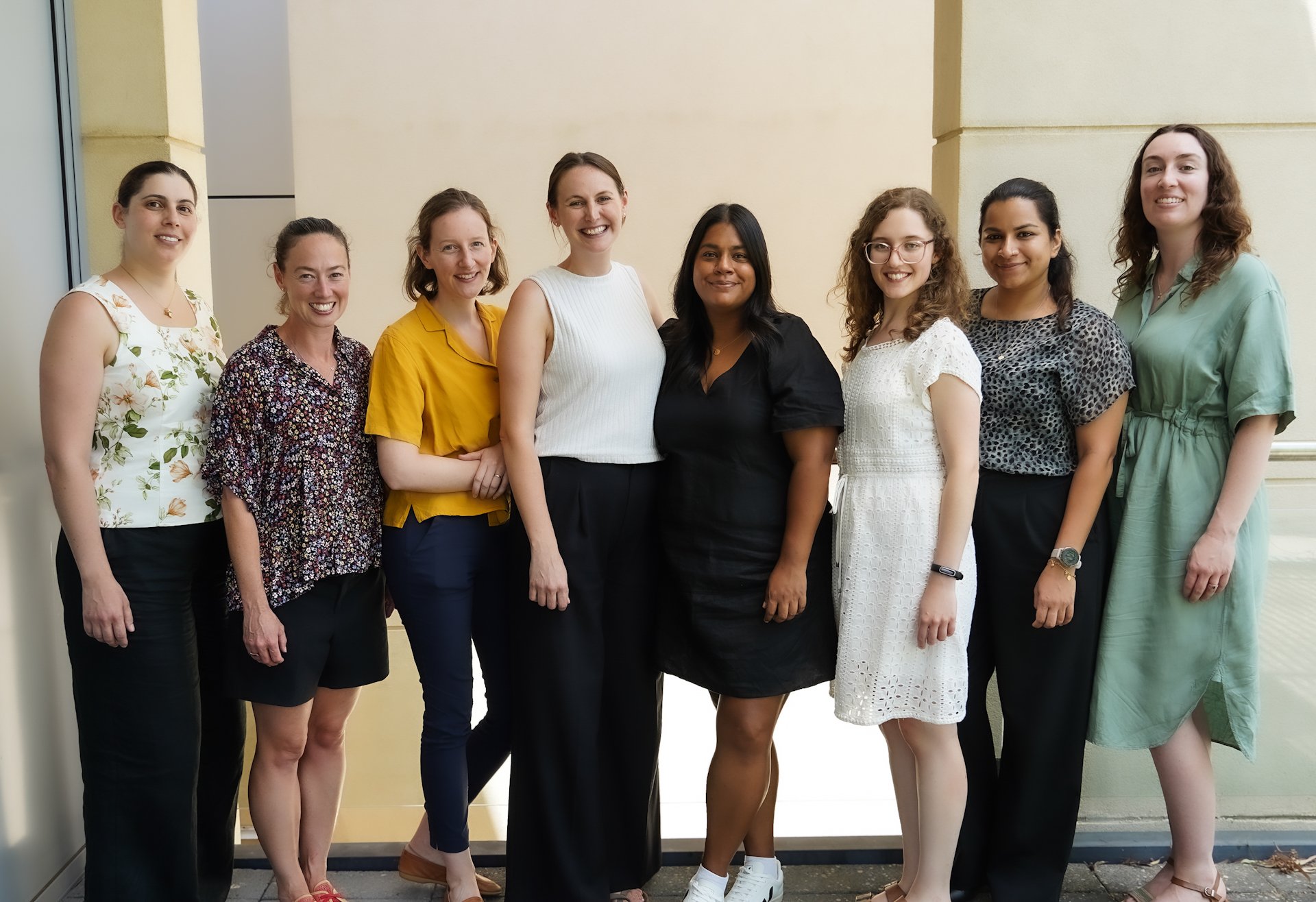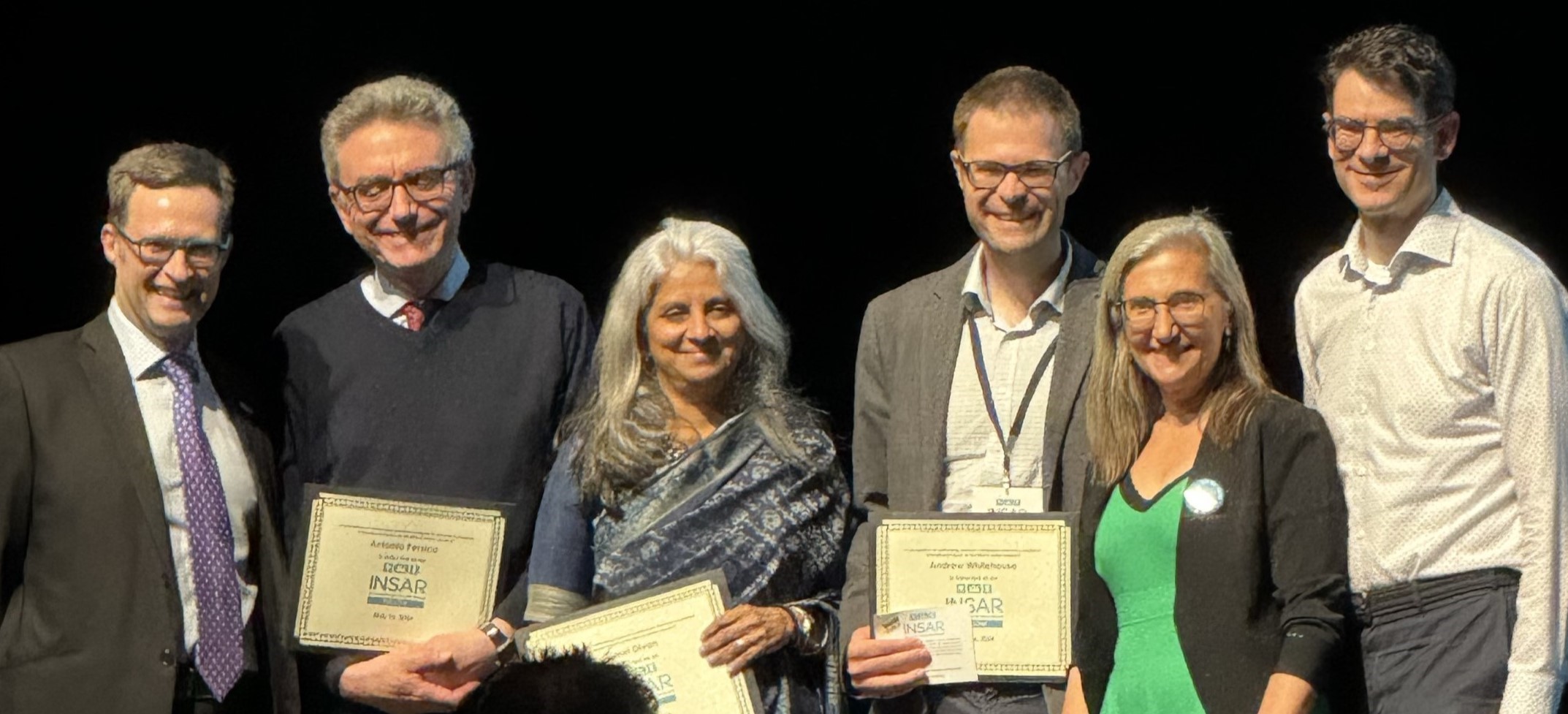Search

The NATSISPEP will formally evaluate a range of existing Indigenous suicide prevention programs and services to develop an evidence base for 'what works'.
The social and emotional wellbeing of Aboriginal children and young people

The Third Conversation

News & Events
Neurodiverse brainsNeurodiversity awareness is about raising understanding that there are many different ways that people think, learn, process and interact with the world.

News & Events
Celebrating our STEM teamTo celebrate International Day of Women and Girls in Science, we asked our research team to share why they became researchers, how autism became their focus and for their top tip for girls interested in pursuing a STEM career.

News & Events
Autism research conferenceThe CliniKids research team had a busy few days at the annual International Society for Autism Research (INSAR) conference held in Melbourne recently.

News & Events
ENVISAGE Term 3 programsENVISAGE is a free peer support program specifically designed for parents and caregivers of children aged 0-8 years with disabilities or developmental concerns. Term 3 dates now released.

News & Events
Accolades for AndrewProfessor Andrew Whitehouse was recently inducted as a Fellow to the International Society for Autism Research, making him just the fourth Australian to be bestowed the honour.

News & Events
Register your interest for CliniSibsWe are currently taking expressions of interest for CliniSibs in 2024.
